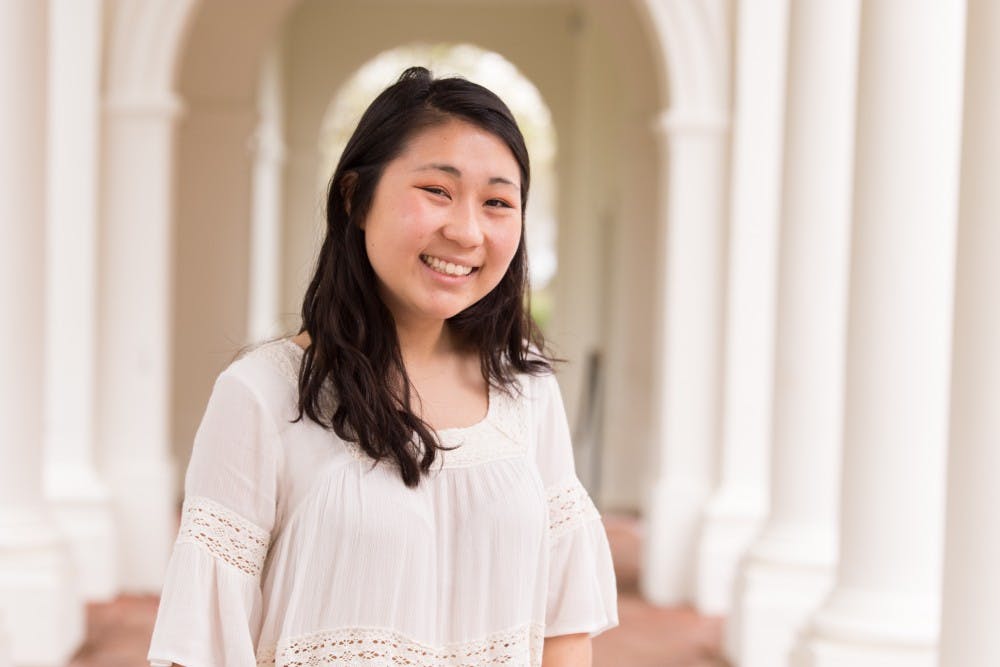It’s tough to be an introvert when you’re irreparably ill. Afternoons once spent drinking coffee in a solitary corner are now consumed with aggressively kind doctors discussing your bodily functions. An already limited capacity for small talk is stretched thin as you must divulge your major and career plans with the sweet nurse stabbing a needle in your arm. There’s the daily responsibility of updating friends, family and acquaintances on how you’re doing. Not to mention the weekly ritual of calling the doctor, the pharmacy, physical therapy and health insurance company to cancel, schedule or modify appointments.
As a certified introvert, I can attest that being ill is exhausting and not just because you’re sick.
Of course, practically speaking, being alone while sick is an objective health risk. If a patient was alone and suddenly collapses, having someone nearby to call 911 is a huge benefit.
Indeed for many weeks, despite my introverted proclivities, I had absolutely no desire to be alone. I never walked alone, ate alone, studied alone or even slept alone. Sickness had reverted me back to infancy, and I slept in my parent’s bed for a whole week. I never wanted to not be with people –– and that was pretty bizarre.
The truth is, I was terrified to be alone. If something were to happen, I at least wanted someone to see me.
After the initial fear wore off though, I once again found myself irked by how sickness had stripped me of the luxury of alone time.
For a while, I resorted to the potentially impersonal method of compiling a “copy and paste text bank” so I didn’t have to restate the same things to countless individuals. I had a pool for benevolent strangers sharing their own illness experiences, a pool for those acquaintances who just logged onto Facebook after a six-month hiatus and discovered I had a complete neurological crisis and a small pool for those with whom I had shared the most painful parts of my story.
Today was a good day / Today was more difficult / I’m sick of being sick / Here’s how it all started… / My MRI went well / Still no diagnosis / New prescription started yesterday / Miss you! / Love you! / Thank you for your prayers!
Don’t get me wrong. The smothering of calls, texts, hugs and tears is extremely necessary. These messages that say “I see you and I’m sorry” have kept me afloat these past few months.
Soon though, updating dozens per day on your physical and emotional well-being takes its toll. In some ways, the relatively unusual amount of attention from others stands as a reminder that I am in an unusually difficult situation and that my life is no longer normal.
For instance, I no longer have the luxury of shrugging “fine,” when people ask me how I’m doing. For many people, “How are you?” is just a cursory greeting. For me the answer inevitably becomes a long, fairly sad conversation. If I do smile and say “fine,” not many friends will believe me. At least not without a more in-depth explanation as to why at this particular moment I am indeed fine and not crumbling from the weight of medical uncertainty.
The thing is, I don’t necessarily mind sharing. In many instances, vulnerably sharing the pain I’m in with others — and letting them carry a bit of it alongside me — has made walking through this journey not only possible, but hopeful.
Yet, what often makes vulnerability so rewarding is that it elicits a community of co-sufferers around you. It invites people in, saying, “Oh, you’re not alone. I feel that way too.” That’s why things like group therapy can be so effective. Each party recognizes that what they thought was shameful is actually shared. Then as a result, each gains an empathetic partner in overcoming whatever it is they first felt compelled to hide.
When you’re a 20-year-old stroke patient, though, there are very few out there who can raise their hand and say, “Oh, I feel that way too.”
I guess that’s the funny thing about being ill as an introvert. While you have this sociobiological need to be alone — i.e., to rest and recharge — you also have this desperate desire to not be alone.
On the one hand, there’s the fear of falling down with no one to pick you up. On the other, there’s this existential longing to know that what you’re experiencing isn’t a supernaturally singular experience.
It was a moment of pure, synergistic joy when my friend and I discovered we were on the same anti-inflammatory prescription medication. In just one small way, we had found a co-sufferer and a partner in one another.
So I guess this is my plea to whoever reads this column. In reality, these longings aren’t just for the ill or the introverts — or the introverted ill. Every human wants to know they’re not alone. Thus, it’s silly that we all run around hiding our weaknesses. I would love for us all to lose the luxury of passively shrugging “fine” when people ask us how we’re doing, at least every once in a while. It can be painful and exhausting, but ultimately there is so much freedom and community to be found in living vulnerably.
And if you’re reading this and also happen to be a 20-year-old stroke patient, you are not alone. I feel that way too.
Aly Lee is a Life Columnist for The Cavalier Daily. She can be reached at life@cavalierdaily.com.







